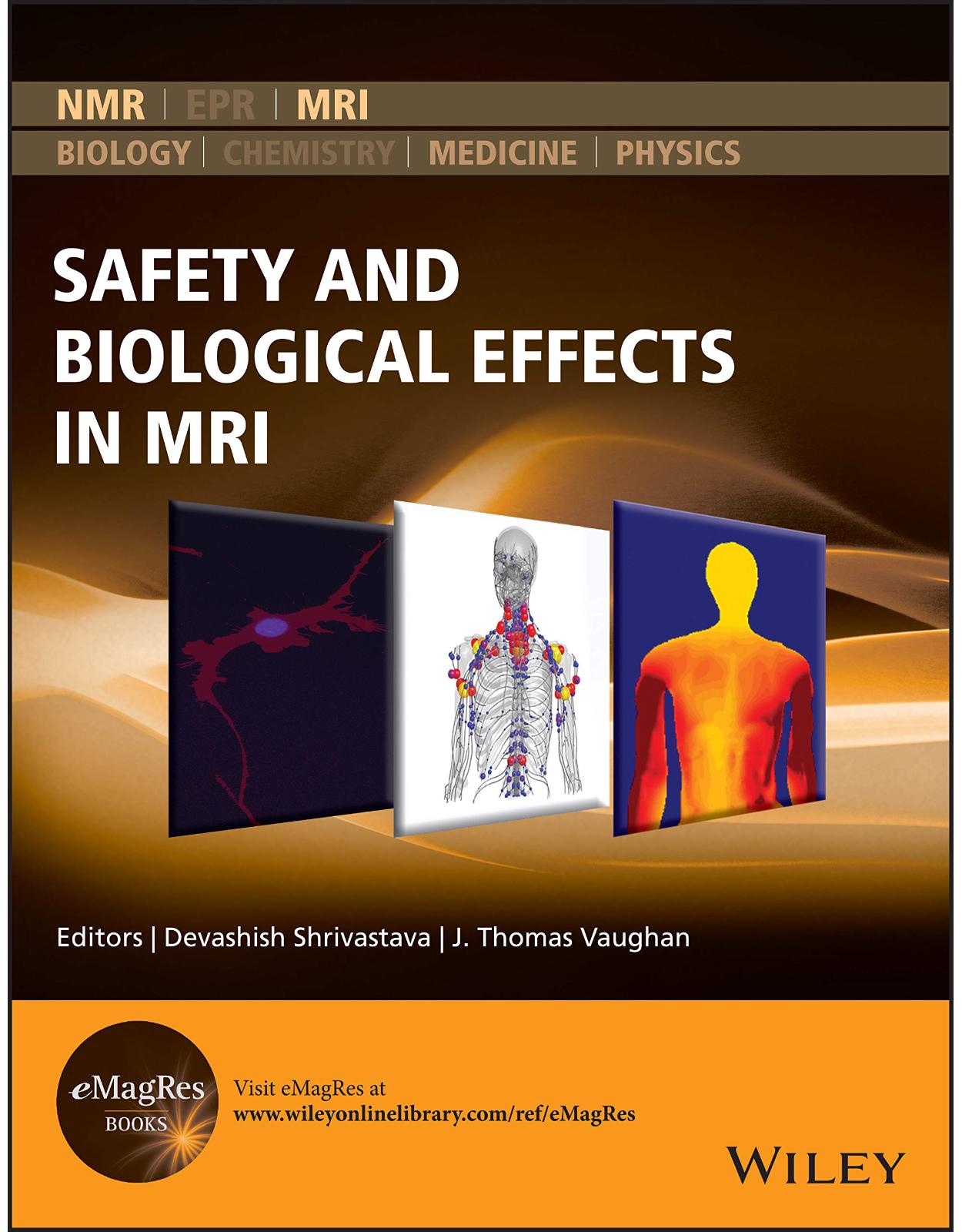
Safety and Biological Effects in MRI
Livrare gratis la comenzi peste 500 RON. Pentru celelalte comenzi livrarea este 20 RON.
Disponibilitate: La comanda in aproximativ 4-6 saptamani
Editura: Wiley
Limba: Engleza
Nr. pagini: 520
Coperta: Hardcover
Dimensiuni: 19.56 x 3.3 x 24.89 cm
An aparitie: 3 Dec. 2020
DESCRIPTION:
In vivo magnetic resonance imaging (MRI) has evolved into a versatile and critical, if not ‘gold standard’, imaging tool with applications ranging from the physical sciences to the clinical ‘-ology’. In addition, there is a vast amount of accumulated but unpublished inside knowledge on what is needed to perform a safe, in vivo MRI. The goal of this comprehensive text, written by an outstanding group of world experts, is to present information about the effect of the MRI environment on the human body, and tools and methods to quantify such effects. By presenting such information all in one place, the expectation is that this book will help everyone interested in the Safety and Biological Effects in MRI find relevant information relatively quickly and know where we stand as a community. The information is expected to improve patient safety in the MR scanners of today, and facilitate developing faster, more powerful, yet safer MR scanners of tomorrow.
This book is arranged in three sections. The first, named ‘Static and Gradient Fields’ (Chapters 1-9), presents the effects of static magnetic field and the gradients of magnetic field, in time and space, on the human body. The second section, named ‘Radiofrequency Fields’ (Chapters 10-30), presents ways to quantify radiofrequency (RF) field induced heating in patients undergoing MRI. The effect of the three fields of MRI environment (i.e. Static Magnetic Field, Time-varying Gradient Magnetic Field, and RF Field) on medical devices, that may be carried into the environment with patients, is also included. Finally, the third section, named ‘Engineering’ (chapters 31-35), presents the basic background engineering information regarding the equipment (i.e. superconducting magnets, gradient coils, and RF coils) that produce the Static Magnetic Field, Time-varying Gradient Magnetic Field, and RF Field.
The book is intended for undergraduate and post-graduate students, engineers, physicists, biologists, clinicians, MR technologists, other healthcare professionals, and everyone else who might be interested in looking into the role of MRI environment on patient safety, as well as those just wishing to update their knowledge of the state of MRI safety. Those, who are learning about MRI or training in magnetic resonance in medicine, will find the book a useful compendium of the current state of the art of the field.
TABLE OF CONTENTS:
Contributors
Series Preface
Preface
Acknowledgments
Part A: Static and Gradient Fields
1 Static and Low Frequency Electromagnetic Fields and Their Effects in MRIs 3
Zhenyu Zhang and Stuart Feltham
2 Magnetic-field-induced Vertigo in the MR Environment 23
Paul Glover
3 Effects of Magnetic Fields and Field Gradients on Living Cells 33
Jarek Wosik, Martha Villagran, Ahmed Uosef, Rafik M. Ghobrial, John H. Miller Jr., and Malgorzata Kloc
4 Effect of Strong Time-varying Magnetic Field Gradients on Humans 53
John Nyenhuis and David Gross
5 Peripheral Nerve Stimulation Modeling for MRI 67
Mathias Davids, Bastien Guérin, Lothar R. Schad, and Lawrence L. Wald
6 Magnetically Induced Force and Torque on Medical Devices 87
Terry O. Woods
7 A Review of MRI Acoustic Noise and its Potential Impact on Patient and Worker Health 95
Michael C. Steckner
8 Modeling Blood Flow 119
Michael Keith Sharp
9 Effect of Magnetic Field on Blood Flow 133
G.C. Shit and Sreeparna Majee
Part B: Radiofrequency Fields
10 Safety Standards for MRI 161
Michael C. Steckner
11 On the Choice of RF Safety Metric in MRI: Temperature, SAR, or Thermal Dose 173
Devashish Shrivastava
12 RF Coil and MR Safety 181
J. Thomas Vaughan
13 Local SAR Assessment for Multitransmit Systems: A Study on the Peak Local SAR Value as a Function of Magnetic Field Strength 195
Alexander J.E. Raaijmakers and Bart R. Steensma
14 Radio Frequency Safety Assessment for Open Source Pulse Sequence Programming 207
Sairam Geethanath, Julie Kabil, and J. Thomas Vaughan
15 RF Heating Due to a 3T Birdcage Whole-body Transmit Coil in Anesthetized Sheep 219
Samat Turdumamatov, Ça˘gda¸s Oto, Oktay Algın, Hamza Ergüder, and Tahir Malas
16 In Vivo Radiofrequency Heating due to 1.5, 3, and 7 T Whole-body Volume Coils 227
Shuo Song, Ji Chen, Rongxing Zhang, Qiang He, J. Thomas Vaughan, and Devashish Shrivastava
17 Temperature Management and Radiofrequency Heating During Pediatric MRI Scans 239
Stanley Thomas Fricke, Marjean H. Cefaratti, and Andrew Matisoff
18 Failure to Monitor and Maintain Thermal Comfort During an MRI Scan: A Perspective from a Thermal Physiologist Turned Patient 245
Christopher J. Gordon
19 MR Thermometry to Assess Heating Induced by RF Coils Used in MRI 251
Henrik Odéen, John Rock Hadley, Dylan Palomino, Katelynn Stroth, and Dennis L. Parker
20 Heating of RF coil 273
Joseph Murphy-Boesch
21 RF-Induced Heating in Bare and Covered Stainless Steel Rods: Effect of Length, Covering, and Diameter 289
Sunder Rajan, Peter Serano, Joshua Guag, Tayeb Zaidi, Kyoko Fujimoto, Maria Ida Iacono, and Leonardo M. Angelone
22 On the Development of a Novel Leg Phantom for RF Safety Assessment for Circular Ring External Fixation Devices in 1.5 T 295
Xing Huang and Ji Chen
23 RF Safety of Active Implantable Medical Devices 311
Berk Silemek, Volkan Açıkel, and Ergin Atalar
24 An Analysis of Factors Influencing MRI RF Safety for Patients with AIMDs 333
Jingshen Liu, Jianfeng Zheng, Qingyan Wang, and Ji Chen
25 On Using Fluoroptic Thermometry to Measure Time-varying Temperatures in MRI 345
Devashish Shrivastava, Mykhaylo Nosovskyy, and Charles A. Lemaire
26 On Using Magnetic Resonance Thermometry to Measure ‘Strong’ Spatio-temporal Tissue Temperature Variations and Compute Thermal Dose 351
Devashish Shrivastava
27 The Use and Safety of Iron-Oxide Nanoparticles in MRI and MFH 361
Hattie L. Ring, John C. Bischof, and Michael Garwood
28 Numerical Simulation for MRI RF Coils and Safety 379
Julie M. Kabil and Anand Gopinath
29 Integral Equation Approach to Modeling RF Fields in Human Body in MRI Systems for Safety 399
Anand Gopinath
30 Safety Practices and Protocols in the MR Research Center of the Columbia University in the City of New York 407
Kathleen Durkin, Dania Elder, and David H. Gultekin
Part C: Engineering
31 History, Physics, and Design of Superconducting Magnets for MRI 423
Bruce Breneman
32 Fabrication of Superconducting Magnets for MRI 447
Bruce Breneman
33 Magnet Field Shimming and External Ferromagnetic Influences on the Homogeneity and Site Shielding of Superconducting MRI Magnets 469
Bruce Breneman
34 Gradient Coils 489
Maxim Zaitsev, Philipp Amrein, Feng Jia, and Sebastian Littin
35 RF Coil Construction for MRI 504
J. Thomas Vaughan and Russell Lagore
Index 521
| An aparitie | 3 Dec. 2020 |
| Autor | Devashish Shrivastava (Editor), J. Thomas Vaughan |
| Dimensiuni | 19.56 x 3.3 x 24.89 cm |
| Editura | Wiley |
| Format | Hardcover |
| ISBN | 9781118821305 |
| Limba | Engleza |
| Nr pag | 520 |

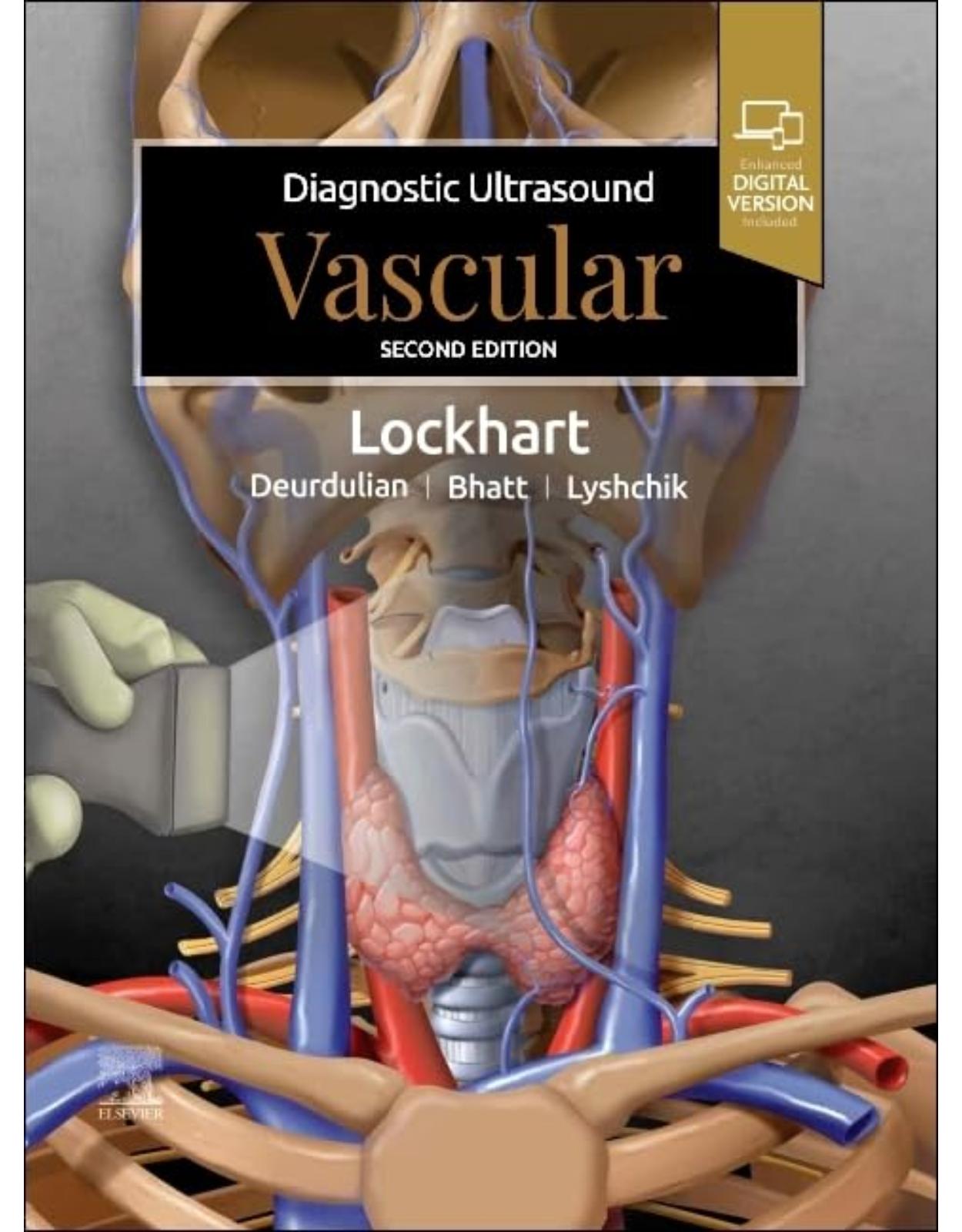
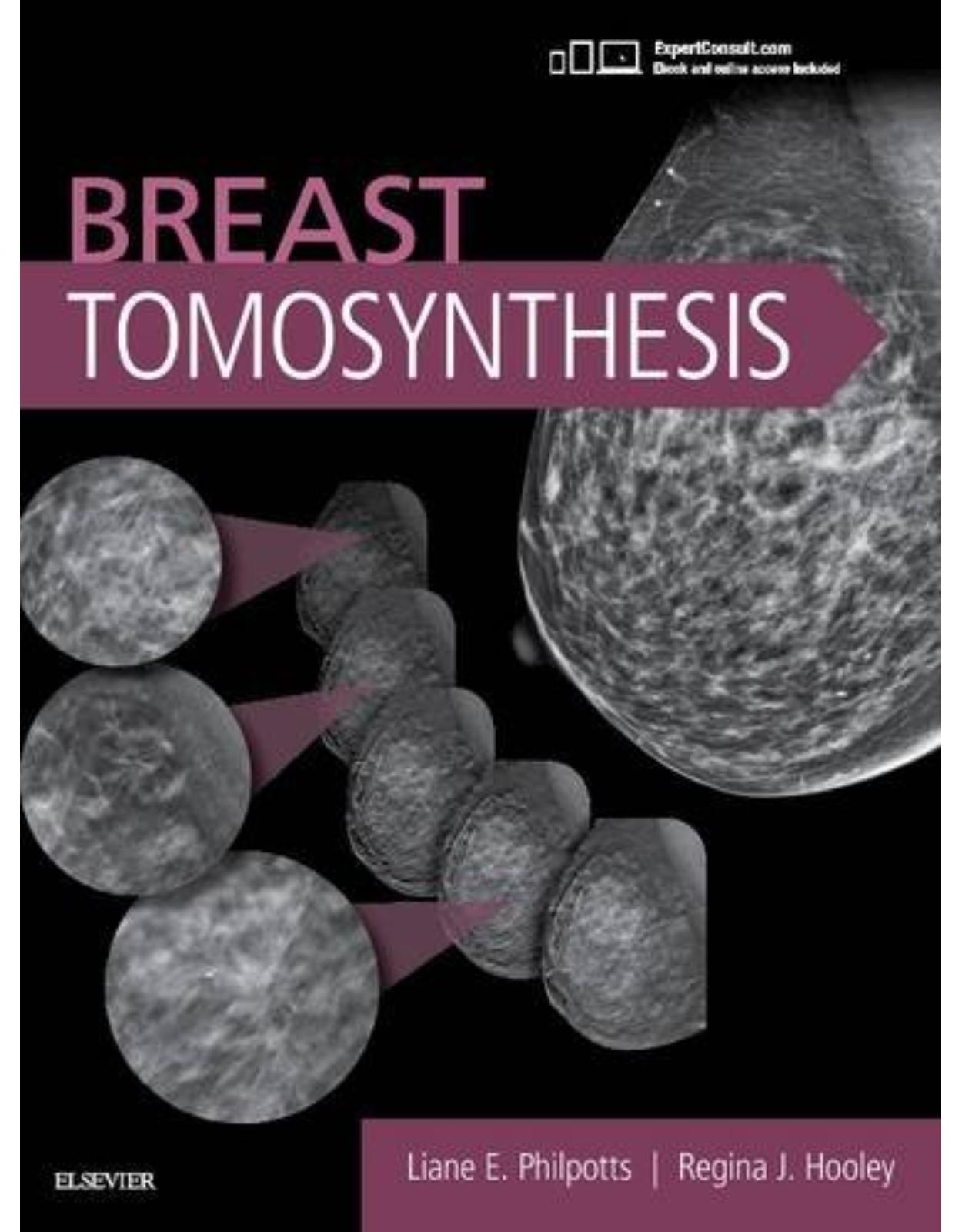
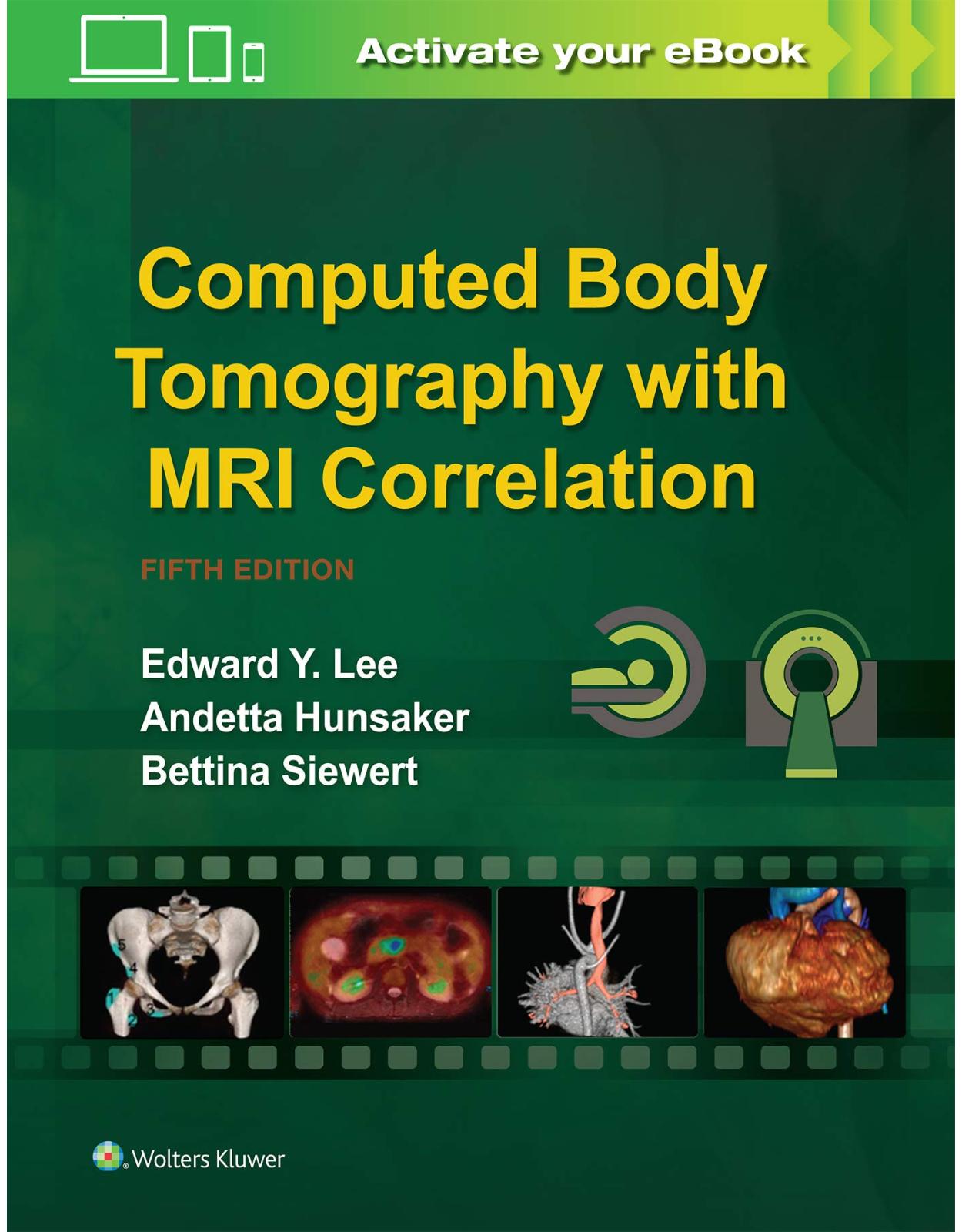
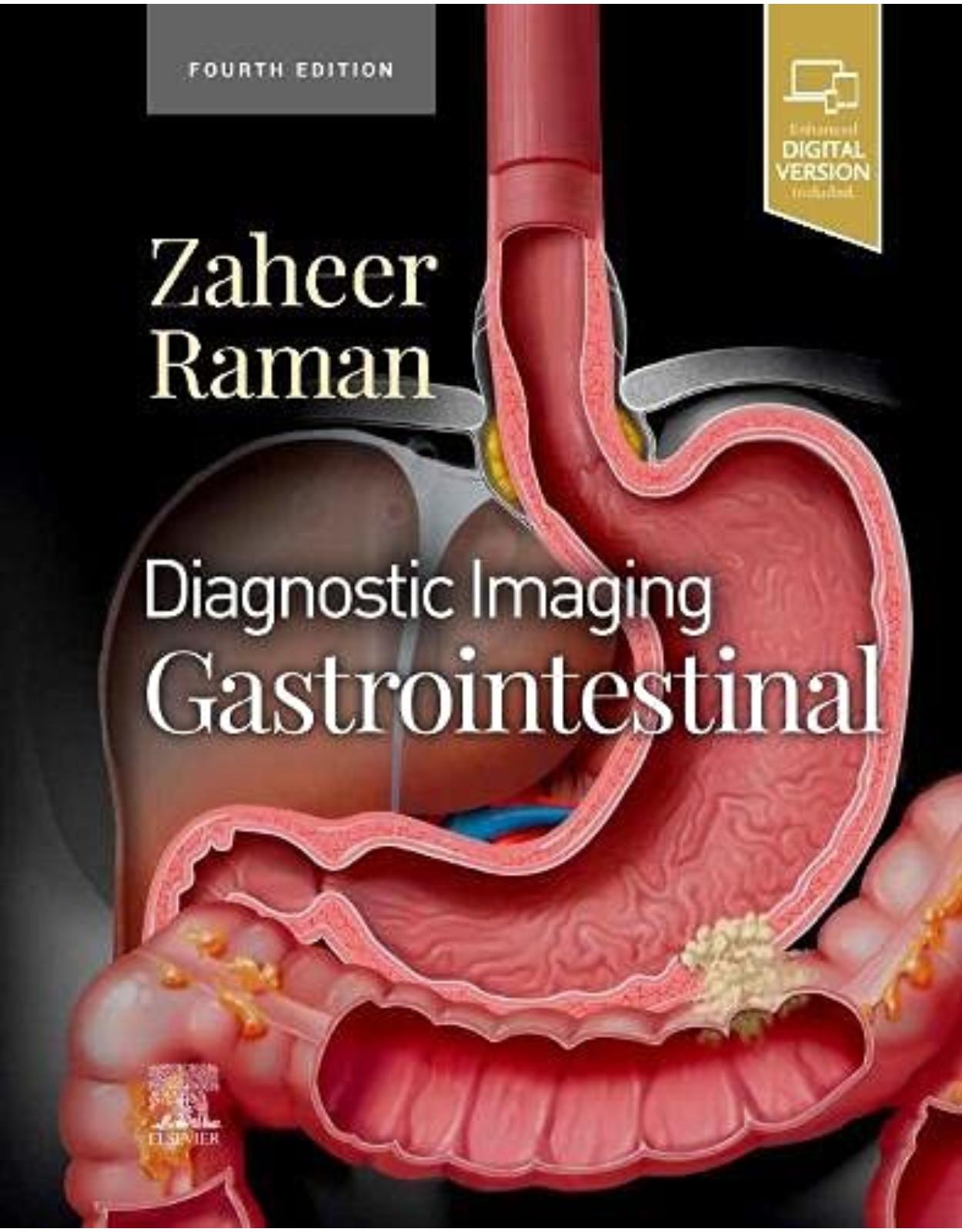
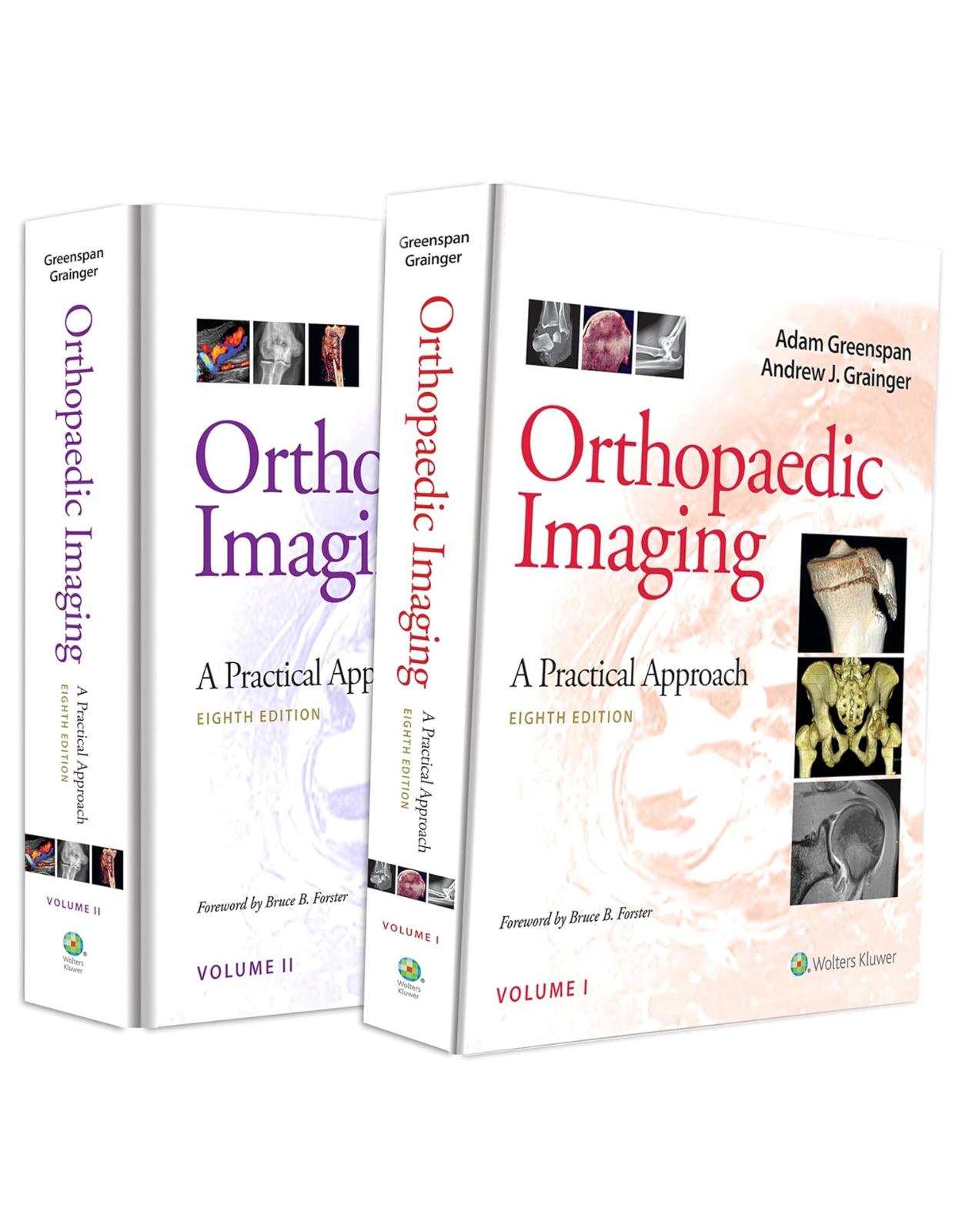
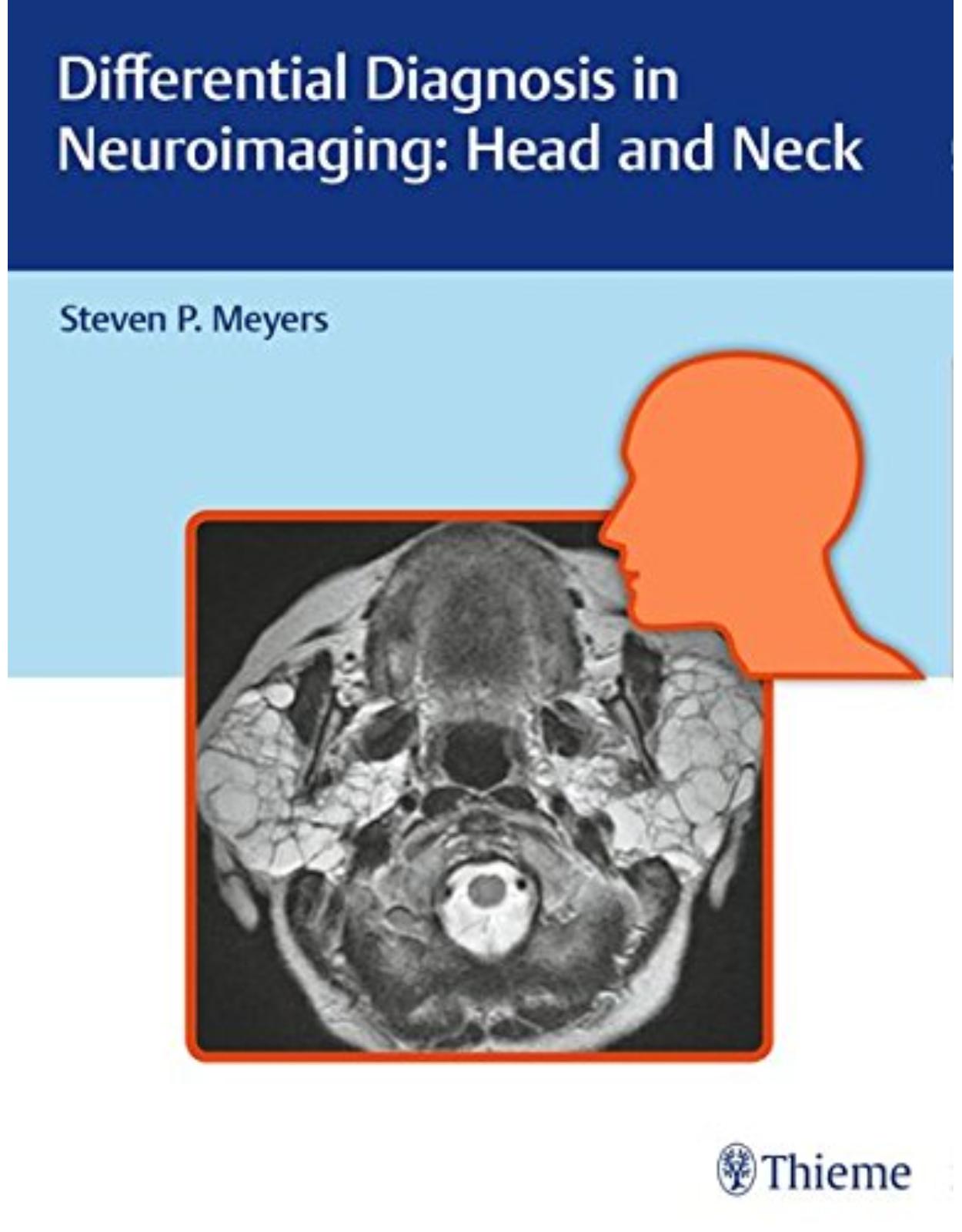
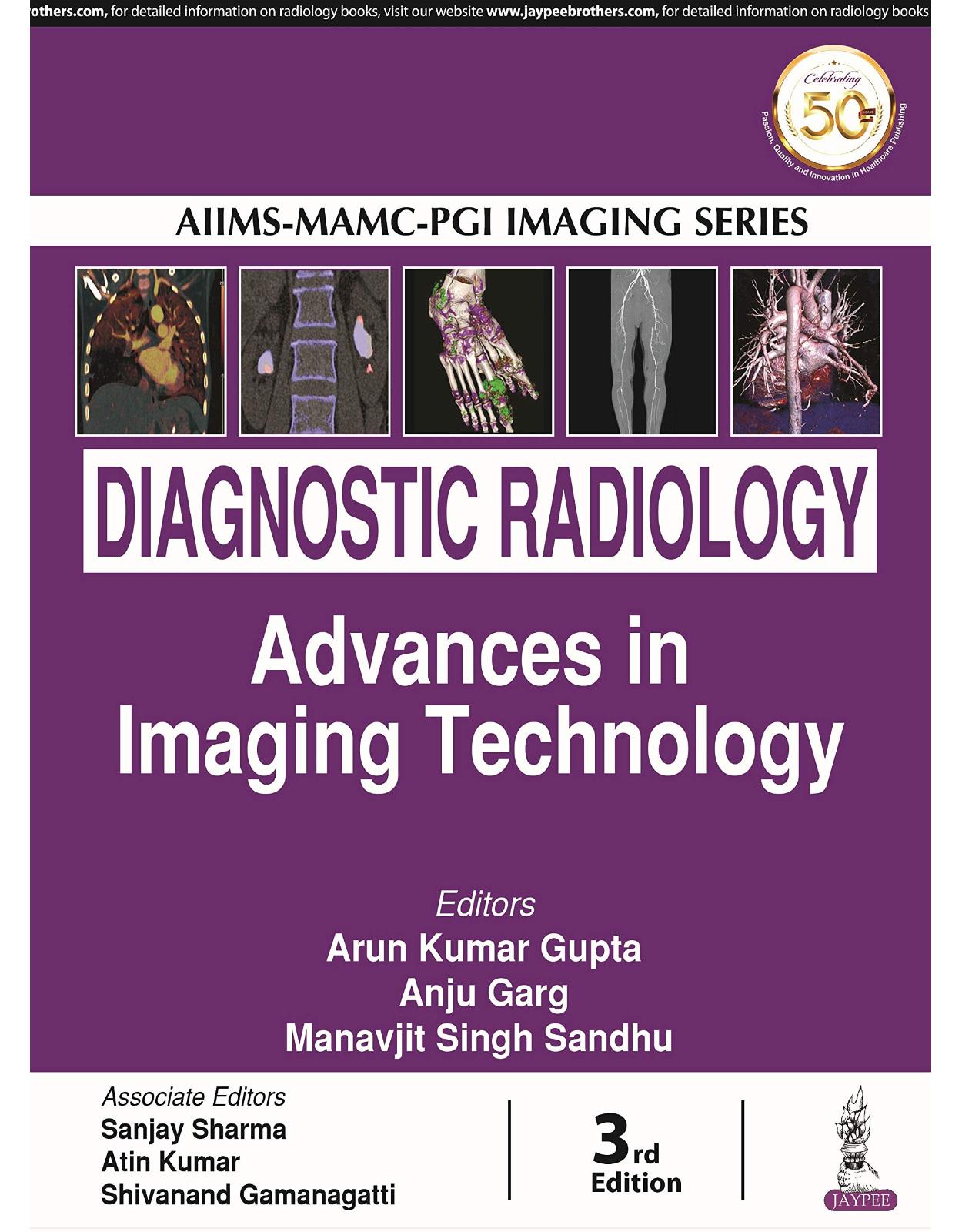
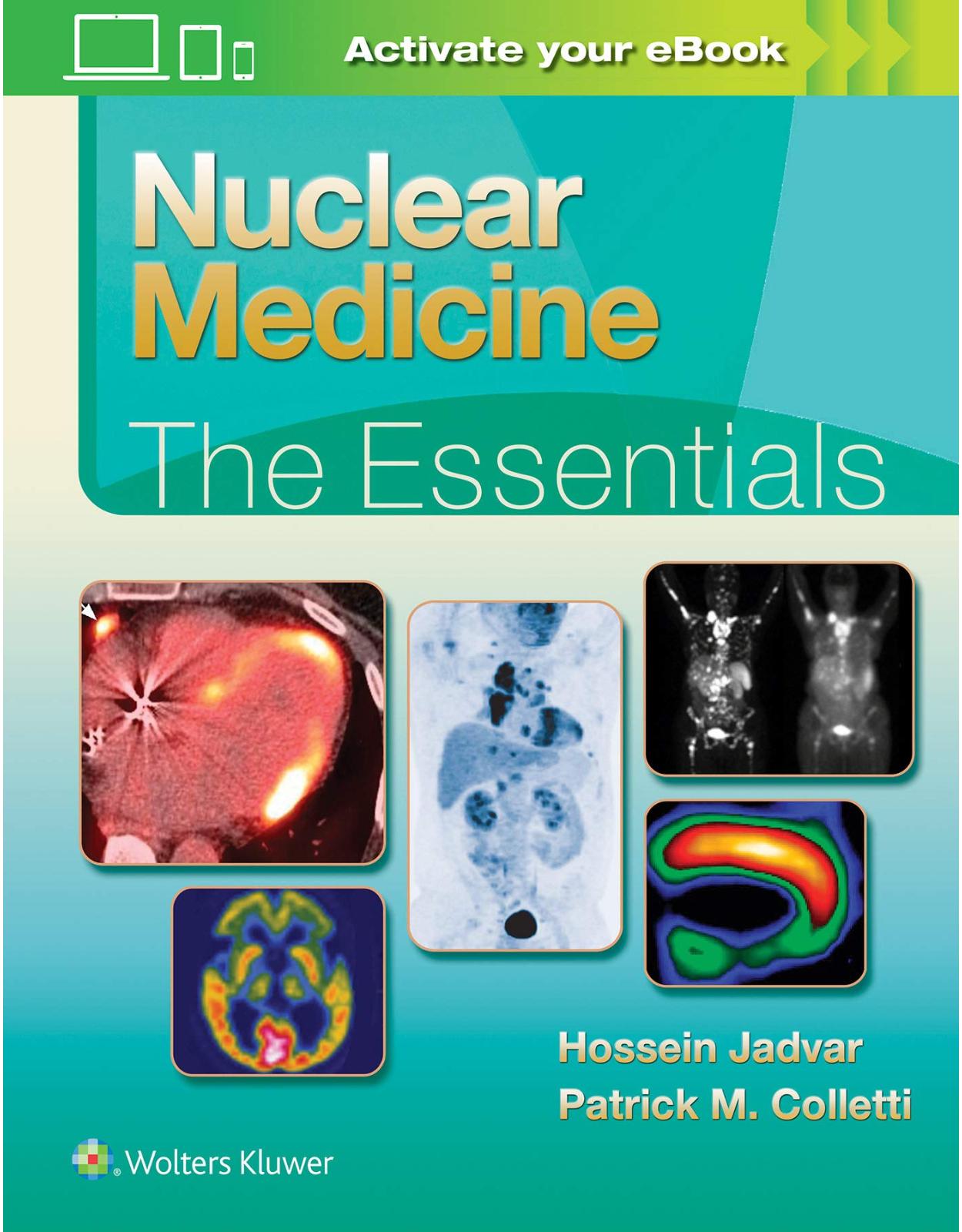
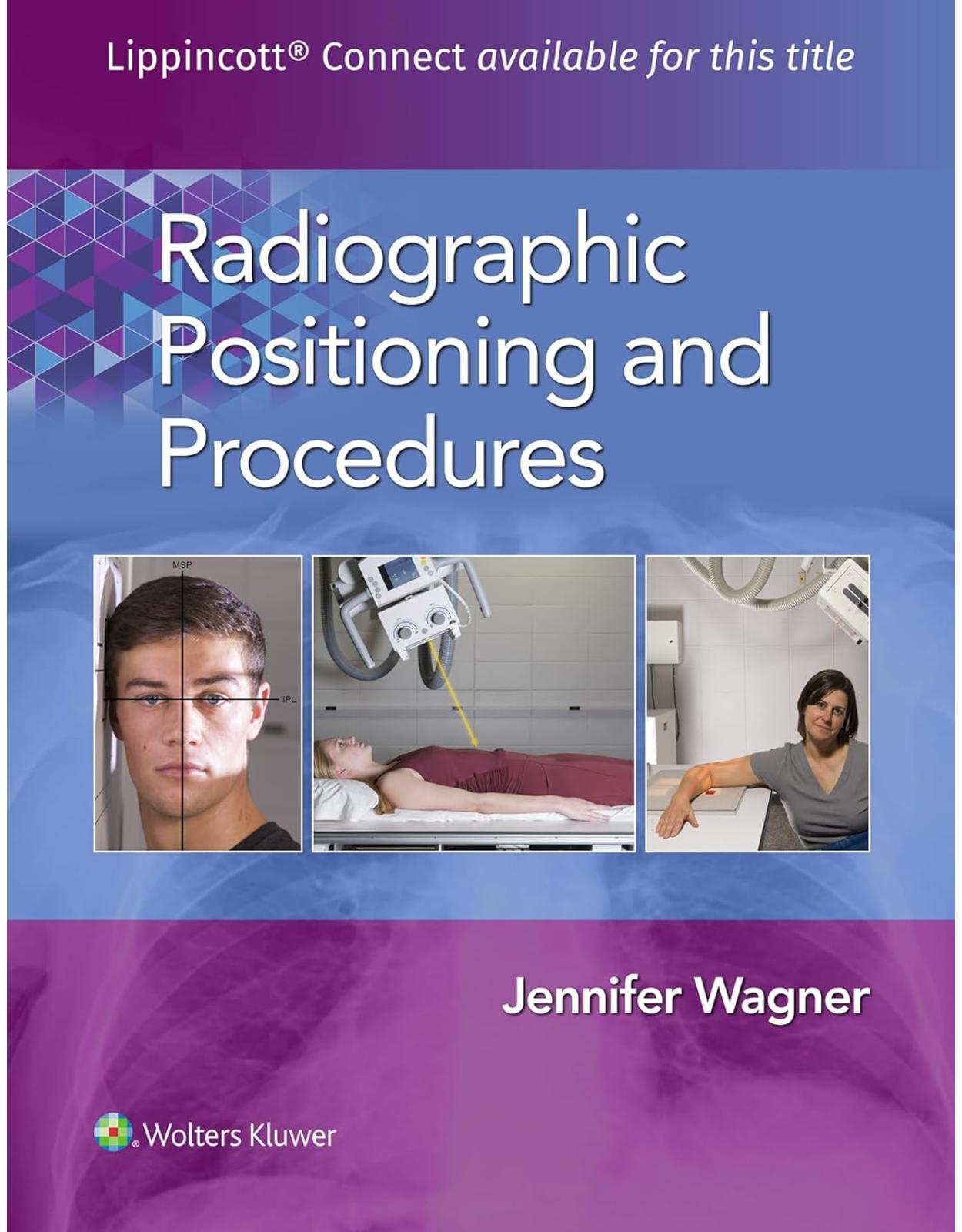
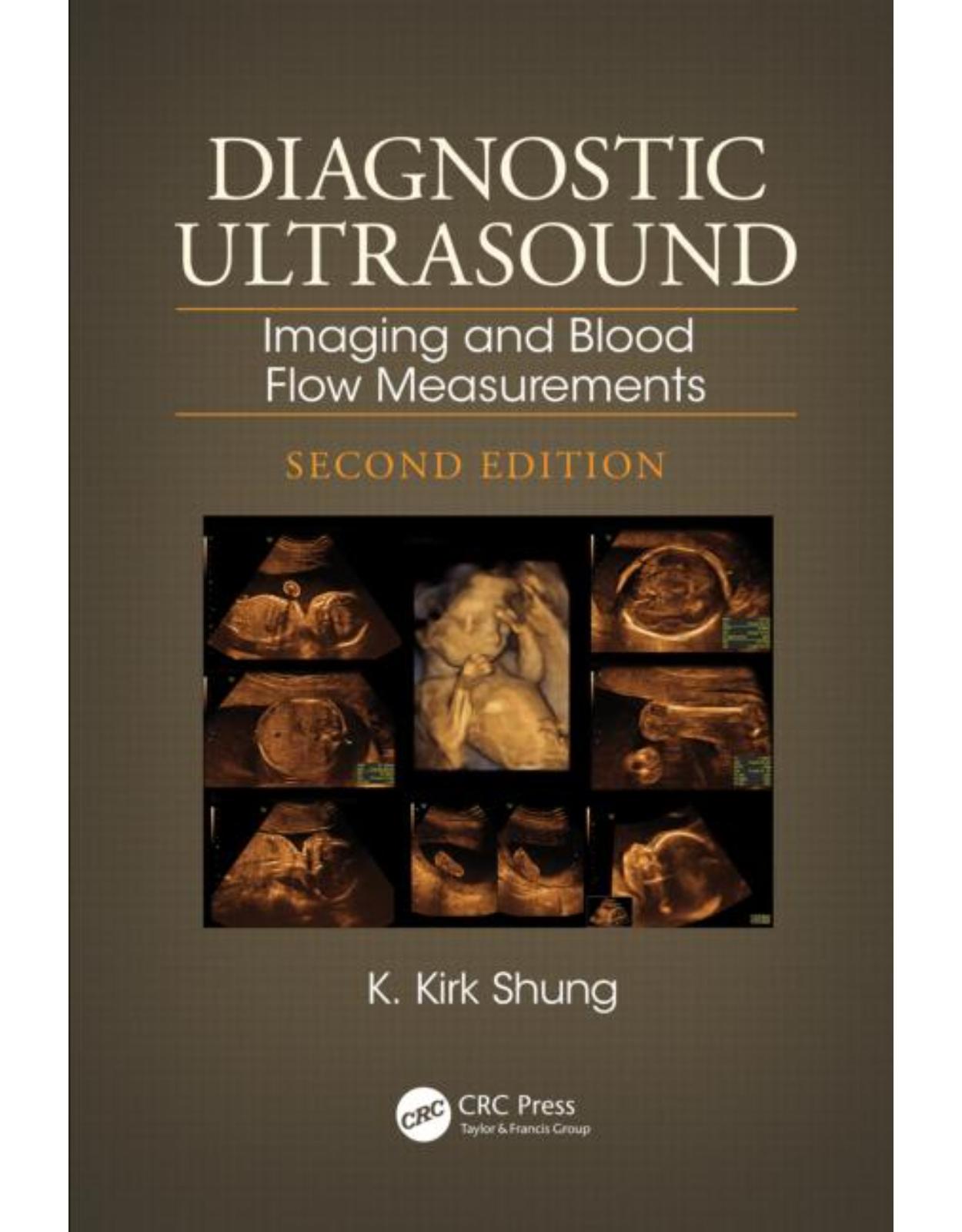
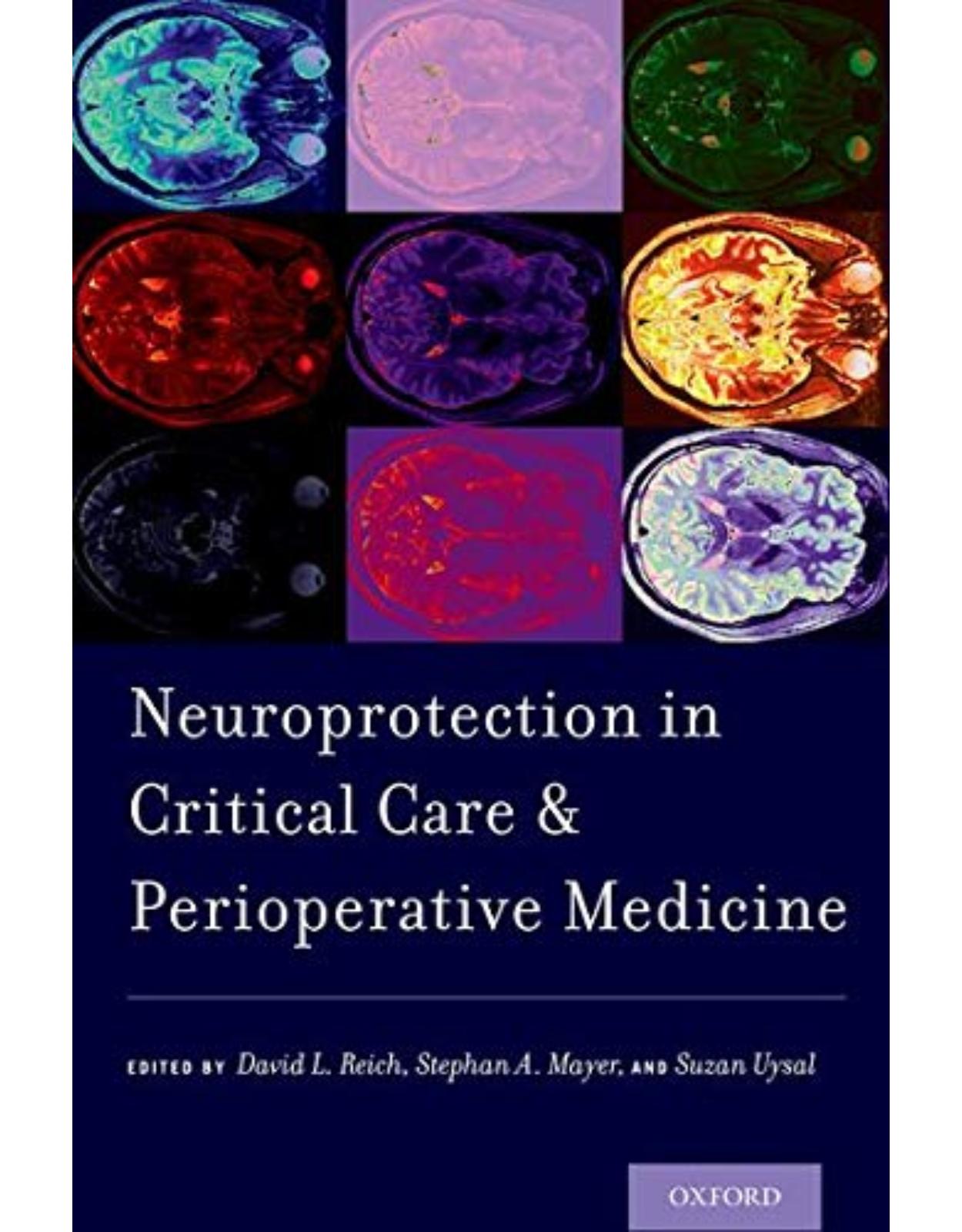
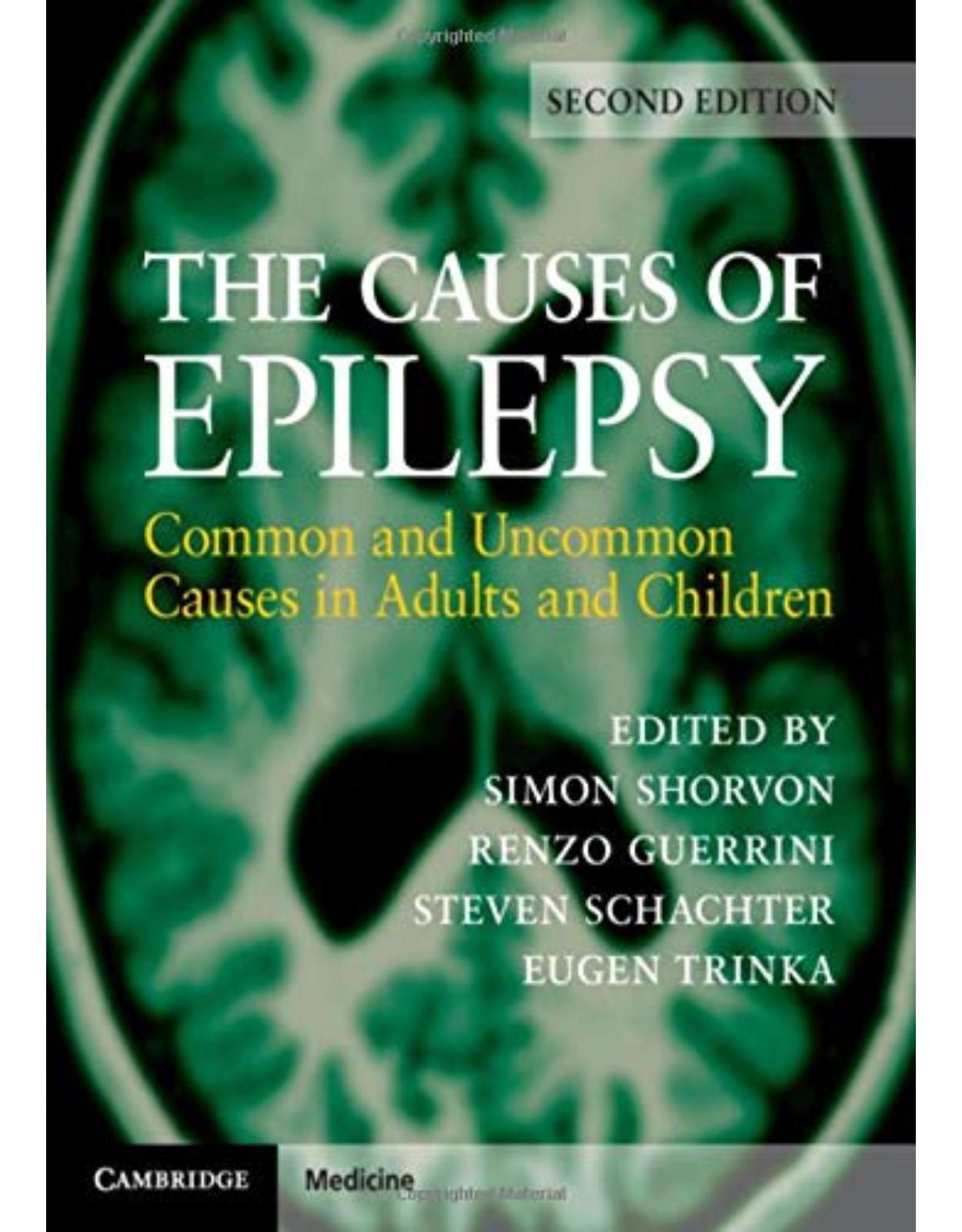

Clientii ebookshop.ro nu au adaugat inca opinii pentru acest produs. Fii primul care adauga o parere, folosind formularul de mai jos.